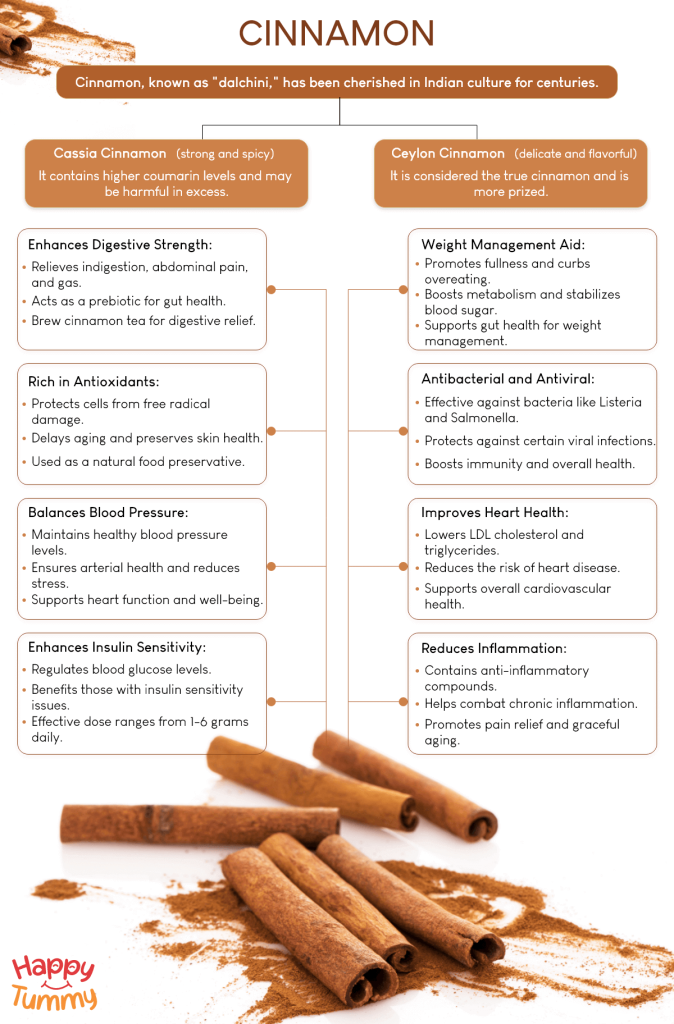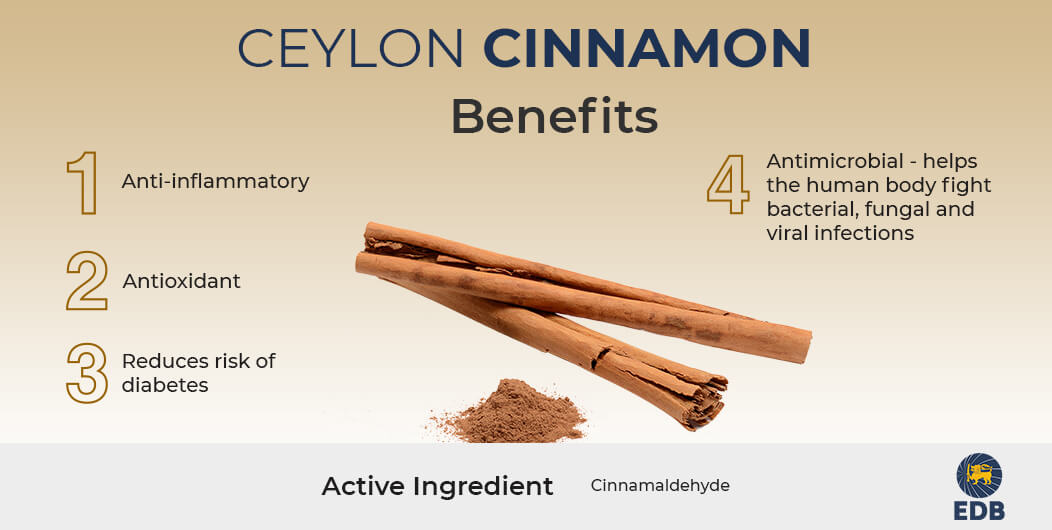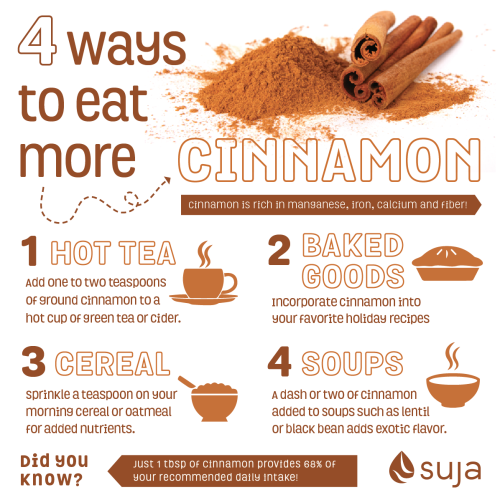health benefits of cinnamon
The Rich History and Diverse Varieties of Cinnamon
Before we delve into the science, it's crucial to understand what exactly cinnamon is. From my research, the term "cinnamon" most often refers to two main types: Ceylon cinnamon, also known as "true cinnamon," and Cassia cinnamon, which is the most common variety found in supermarkets. I find it fascinating that these two types, while similar in flavor, have distinct chemical compositions that are important for their health effects.
Ceylon cinnamon (Cinnamomum verum) originates from Sri Lanka and Southern India. I do find its light, delicate flavor to be quite unique. It's characterized by its thin, papery layers that roll up into a fine scroll. This variety is known for having very low levels of coumarin, a naturally occurring compound that can be harmful to the liver in large doses. I recommend Ceylon cinnamon for frequent or highdose consumption due to its safety profile.

Cassia cinnamon (Cinnamomum cassia), on the other hand, is the type you're likely to find in most grocery stores across North America. It originates from Southern China. I find its flavor to be much stronger and spicier than Ceylon. Its quills are thicker and tougher. The key difference from a health perspective is its higher coumarin content. While safe in typical culinary amounts, I do advise caution if you plan on using large quantities of Cassia cinnamon regularly, such as in supplements.
From my experience, recognizing the difference between these two types is the first step toward responsible consumption. I always make a point to purchase Ceylon cinnamon for my daily use, especially for things like my morning tea or smoothies, where I use it liberally.
Cinnamon's Powerful Antioxidant and AntiInflammatory Properties
I believe the most significant health benefit of cinnamon lies in its incredible antioxidant capacity. I do find it remarkable that this common spice is packed with a variety of powerful antioxidants, most notably polyphenols. From my research, these compounds are crucial for fighting oxidative stress, a process that damages our cells and contributes to aging and many chronic diseases. I recommend thinking of antioxidants as the body's protective shield, and cinnamon is a particularly potent one.
A study published in the Journal of Agricultural and Food Chemistry showed that cinnamon has more antioxidant activity than many other powerful spices and herbs. I find this finding incredibly compelling. When I incorporate cinnamon into my diet, I feel as though I'm giving my body an extra layer of defense against the daily wear and tear of life.
Beyond its antioxidant prowess, I do recognize cinnamon as a powerful antiinflammatory agent. Chronic inflammation is a silent, underlying cause of a wide range of health issues, including heart disease, diabetes, and certain cancers. From my own health journey, I have found that incorporating antiinflammatory foods like cinnamon can help reduce the body's inflammatory response. I believe this is why cinnamon has been used in traditional medicine for centuries to treat conditions like arthritis. I recommend using it as a simple, natural way to support a healthy inflammatory balance in your body.
Regulating Blood Sugar Levels: A GameChanger for Metabolic Health
From my personal experience, the most talkedabout benefit of cinnamon is its potential to help regulate blood sugar. I do find this particularly fascinating for anyone concerned with metabolic health, whether they have prediabetes, type 2 diabetes, or simply want to avoid the "sugar crash" after a meal. I believe that cinnamon works through several mechanisms to achieve this effect.
- Mimicking Insulin: I have learned that certain compounds in cinnamon, like methylhydroxy chalcone polymer (MHCP), can mimic the effects of insulin, the hormone responsible for transporting sugar from the blood into cells. This can help improve glucose uptake by the cells.
- Improving Insulin Sensitivity: I find it incredible that cinnamon can help increase the sensitivity of our cells to insulin. From my experience, this means that our bodies can use insulin more efficiently, which is key for maintaining healthy blood sugar levels.
- Slowing Carbohydrate Digestion: I do believe that cinnamon can help slow the breakdown of carbohydrates in the digestive tract. By inhibiting certain digestive enzymes, it can reduce the amount of glucose that enters the bloodstream after a highcarb meal. I recommend adding a dash of cinnamon to your oatmeal or sweet potato dishes to help mitigate the blood sugar spike.

I have seen multiple studies, including a systematic review published in the journal Diabetes Care, that support these effects. While I recommend consulting with a healthcare professional for personalized advice, I do believe that for many, a small, daily dose of cinnamon can be a beneficial part of a balanced diet for blood sugar management.
Supporting Cardiovascular Health: A HeartSmart Spice
From my research, the benefits of cinnamon extend far beyond blood sugar control; they also have a significant impact on heart health. I do believe that our cardiovascular system is a reflection of our overall health, and incorporating hearthealthy foods is a top priority. I have learned that cinnamon can help reduce some of the most common risk factors for heart disease.
Lowering LDL Cholesterol and Triglycerides: From my perspective, one of the most compelling findings is cinnamon's ability to help lower "bad" LDL cholesterol and triglyceride levels. I have read numerous studies where participants who consumed cinnamon supplements showed a significant reduction in these markers. I find this to be a simple, natural approach to supporting a healthy lipid profile.
Maintaining Healthy Blood Pressure: While more research is needed, I do believe there is promising evidence to suggest that cinnamon can help reduce blood pressure. I think this effect is likely linked to its antiinflammatory properties and its ability to improve blood flow. I recommend incorporating it into a diet rich in fruits, vegetables, and whole grains for a holistic approach to blood pressure management.
Protecting Cognitive Function and Brain Health
From my experience, the benefits of cinnamon are not just for the body; they also extend to the mind. I am particularly fascinated by the emerging research on cinnamon's neuroprotective effects. I do believe that maintaining a healthy brain is paramount, and finding natural ways to support it is a personal passion of mine.

I have learned that compounds in cinnamon can help protect neurons and improve motor function. A study on cinnamon extract showed that it could inhibit the buildup of tau proteins in the brain, which are a hallmark of Alzheimer's disease. I find this research to be incredibly promising. I recommend it as a simple addition to a brainhealthy diet rich in antioxidants and healthy fats.

In addition, I do believe that cinnamon's antiinflammatory and antioxidant properties play a crucial role in brain health. By reducing oxidative stress and inflammation, it can help create a more favorable environment for cognitive function. I often add it to my morning smoothie to give my brain a little boost for the day ahead.
Beyond the Basics: Other Potential Benefits of Cinnamon
From my perspective, the health benefits of cinnamon are truly a treasure trove, with new research constantly emerging. I do believe that its potential extends to many other areas of our wellbeing. I want to highlight some of these additional benefits that I have found particularly interesting.

- Fighting Fungal and Bacterial Infections: I have found that cinnamon has powerful antimicrobial properties. Its active component, cinnamaldehyde, is effective against a variety of bacteria and fungi. I often use cinnamon essential oil diluted with a carrier oil for its antibacterial properties.
- Supporting Gut Health: From my research, the antioxidant and antiinflammatory properties of cinnamon can help support a healthy gut microbiome. I believe a balanced gut is the foundation of overall health, and cinnamon can be a beneficial part of that ecosystem. I recommend it for anyone looking to support their digestive health naturally.
- Aiding Weight Management: I do believe that cinnamon can play a role in a weight management strategy. By helping to stabilize blood sugar and reduce cravings, it can make it easier to stick to a healthy eating plan. I find that a simple cinnamon stick in a cup of hot water can be a great way to curb a sweet tooth.

From my experience, incorporating cinnamon into your diet is an easy and delicious way to reap a multitude of health benefits. I do believe that it is a powerful tool in our natural health arsenal. I recommend it as a staple in your pantry, not just for its flavor, but for its remarkable ability to support your body's journey to optimal health.
Comments
Post a Comment